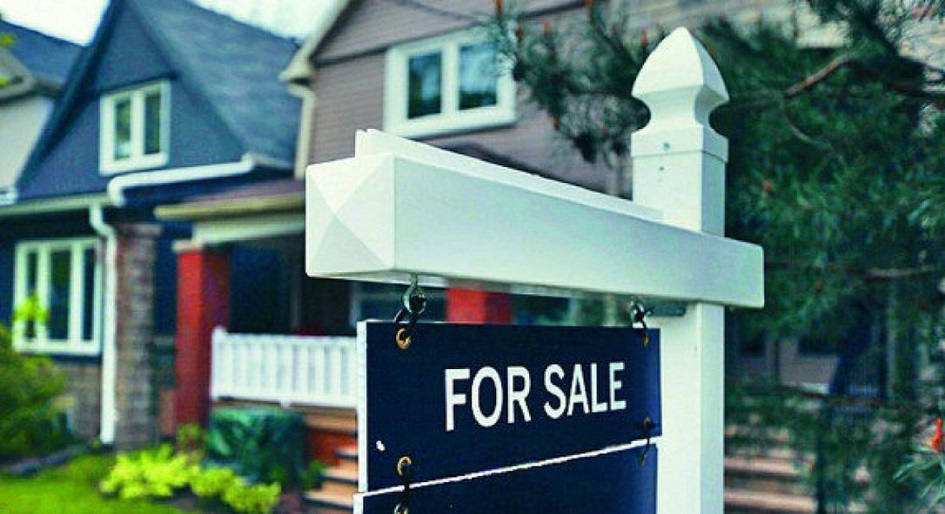Homes sales across Canada rose 1.3 per cent in December, month-over-month, while the number of newly listed homes dropped 6.4 per cent, led by declines in British Columbia and Quebec. New statistics released today from the Canadian Real Estate Association also revealed the actual amount of transactions were 39.1 per cent below December 2021.
“In 2022, we saw one of the biggest single-year shifts on record in Canadian housing activity, from record highs last winter to just below the 10-year average to end the year,” said Jill Oudil, Chair of CREA. “That said, the market’s adjustment to higher rates may be mostly in the rear-view mirror at this point. That could start to bring buyers back off the sidelines this spring.”
Sales were highest in Ottawa and Edmonton. Across the country, prices are down more than they are nationally in Ontario and parts of B.C., and down by less elsewhere. While prices have softened to some degree almost everywhere, Calgary, Regina, Saskatoon, and St. John’s stand out as markets where home prices are barely off their peaks at all.
The home price index declined by 7.5 per per cent since December 2021 and 1.6 per cent month-over-month. The average home price in Canada is now $626,318, 12 per cent lower than the year before.
CREA’s Senior Economist Shaun Cathcart said the 2023 market depends on the timing and scope of high inflation and rising interest rates moving back in the other direction.
“Demand for housing continues to grow and supply remains the biggest issue across the entire spectrum,” he said. “Whether that plays out in the rental market in 2023 or shifts back over into the ownership space is a matter of how quickly the Bank of Canada can get inflation under control and starts turning the dial back down on borrowing costs.”








